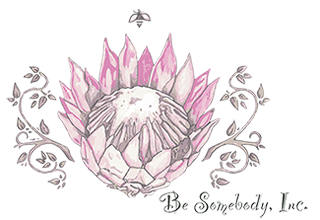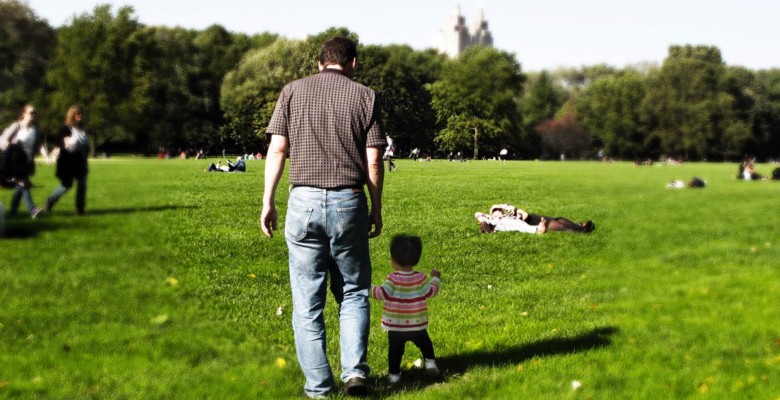Love rests inside of commitment…
How I Love A Rubber Band
My very earliest memory is standing at Marcelle and Joanne’s, the neighbor’s, outside screen door, and reach-reach-reaching as high as I could reach,
as far as I could reach–stretching my legs, my arms, my fingertips–to try to get to the door handle. I was able to touch the edge, but not enough to grasp it. If I had been able to, I know I would have opened the door, and walked inside, behavior that would have been ill-considered by my parents and guides.
Another very early memory: I was standing facing a kitchen cabinet, this time eye-level to the handle on a base cabinet, within easy reach of the handle, looking in to see what I could see. I think I saw the cereal, but it might have been merely what I was looking for because I don’t think cereal is usually kept at the floor level, at least I don’t think my mom kept it there. My dad thumped me center forehead, right between my eyes: blamm. Thump.
It made that thud-like thump noise inside of me. I started to cry, and he thumped me again, and said something like: “Shut up or I’ll give you something to cry for.” I may be adding that. I know the second thump had a different meaning than the first thump, and I do remember trying NOT to cry. This leads to another two memories of being bad: though I was older, but not much: I stole candy from a store. My mom left me in the grocery cart parked right by the whole display of Life Savers™ — rolls of every color and flavor; I reached out there, too, and put them in my pocket. Next criminal act: I put some rubber bands from a birthday party in the sash of my dress. It was an autumn birthday. The mother used rubber bands to secure tissues around the heads of Tootsie-Roll™ pops to make them resemble ghosts.
I remember seeing a bowl full of rubber bands, and I took some. Both times my mom discovered my loot: Life Savers™ in my coat pocket, and bands in my ribbon sash. My dad put me on his lap and cried: one of two times I saw my dad cry when I was a child; he cried while I sat on his lap. He said, “I hope you won’t end up in prison.” He wanted me to know that stealing Life Savers™ could land me in prison. The story went on, concern about a life of crime, how disappointed he would be, etc. I don’t know if this is normal child behavior. I know that for ME, taking Life Savers™ and rubber bands didn’t FEEL any different from looking for the breakfast cereal or reaching for a doorknob. I was curious. The objects in my life seemed as if they were mine, no, not mine (I wouldn’t have thought or felt that–I wasn’t to the mine stage yet), but they seemed available, not attached. I did, eventually, obviously, learn right from wrong, and mine from theirs.
Another time in which I have been mercilessly teased: I was at my sister’s birthday party. I’m 58, and this story was recently told at a family gathering, THIS year, still being repeated without a change in tone. My sister had invited several neighborhood children to her birthday party. We were seated in a circle in the living room, and my sister, two years my senior, was opening her presents. I am guessing this was my first birthday party attended by people other than immediate family. An adult had handed me a wrapped package that I held in my lap. Every child had a package on their lap. As my sister got increasingly excited opening her packages, I opened the one I was holding, the one on my lap.
Oh my gosh! I don’t think much happened then, some snickering: and the half-opened box got taken away from me, most likely by my mother, and handed to my sister. Later, though, and for years to come, I still hear the bassoon voices of my family leaning their crooked eyebrows toward me, kidding, of course: “You did that! You opened a present! You didn’t do it right! Ha Ha Ha Ha!” Two ideas liberate me, gifts for this writing. First, as I learned more about life and sorted that memory: how bad was it? I kept trying to master my shame. I know the accusation was stealing, I know I was being shamed, but I had never considered myself in the mix. Even though I didn’t have a memory of doing wrong DURING any of these acts, I had struggled to understand why I tucked those rubber bands in my ribbon sash? Not having an answer made me feel like a criminal, as if it was in me deep and early to do wrong. Hiding them implied knowledge of wrong-doing, even if unconscious. It just now occurred to me: I was wearing a dress! Girls my age wore dresses.
I didn’t have any pockets. I put the bands in there rather ingeniously, I see now, because I didn’t have any other way to carry them. At the time, when my mom found them, naturally, as punishment, I was made to go back to Mrs. Marcellus’ house to apologize, and to return the rubber bands. These were lessons, necessary lessons, of human life. We must be taught yes from no, mine from yours, right from wrong. Lucky, cared about people, are taught these lessons. I was fortunate to be taught these lessons. Though the second liberation, the one I see now, the complex job of parenting DOES include teaching right from wrong, and mine from theirs; still, parents could remember that the child does not already know the rule and thus is NOT VIOLATING it. No; instead, the child is learning for the first time. Very few lessons, lessons worth learning, are learned in one try.
It may take more than one time before the learning is done. Once it is done, then the child can be evaluated as to whether they are stealing, using this example. Parents could also be aware that what they are teaching–I’m guessing my dad was teaching me not to go in the cupboards–now some ingenious person has invented cupboard locks. I thought I was being punished for standing, for being. I don’t have any idea what I thought, I wasn’t thinking yet in words. I was learning, everything. A first, learning is always a first–even a second learning is learning on that level or that part for the first time.
As a therapist, I often tell clients that what separates people who have had therapy from people who haven’t is people who have learn (uncover, discover) the one, or two, or three things that they got wrong in childhood so that they can be corrected. Whether our parents are sensitive to it or not: for the first several years of life we are learning at lightning speeds without full=brain function, without enough memory or experience to understand precisely what we are learning. Abstract reasoning (the grasp of constructs such as morality) doesn’t even enter the brain until we are something like eight years old, and then it takes another few years to stay put. The memories I have shared, I was shorter than a doorknob, to six at the oldest.
We all tuck away at least one belief that is simply and completely incorrect. The message I got was that I was wrong, not that I had done wrong. Years elapsed where I thought I would end up in prison. I used these first lessons in boundaries as a negative affirmation before I even knew what prison or an affirmation was! I can see, looking back, that I was a curious child: enchanted by doorways, freedom, colors, and office supplies. I still love them all, especially office supplies.

